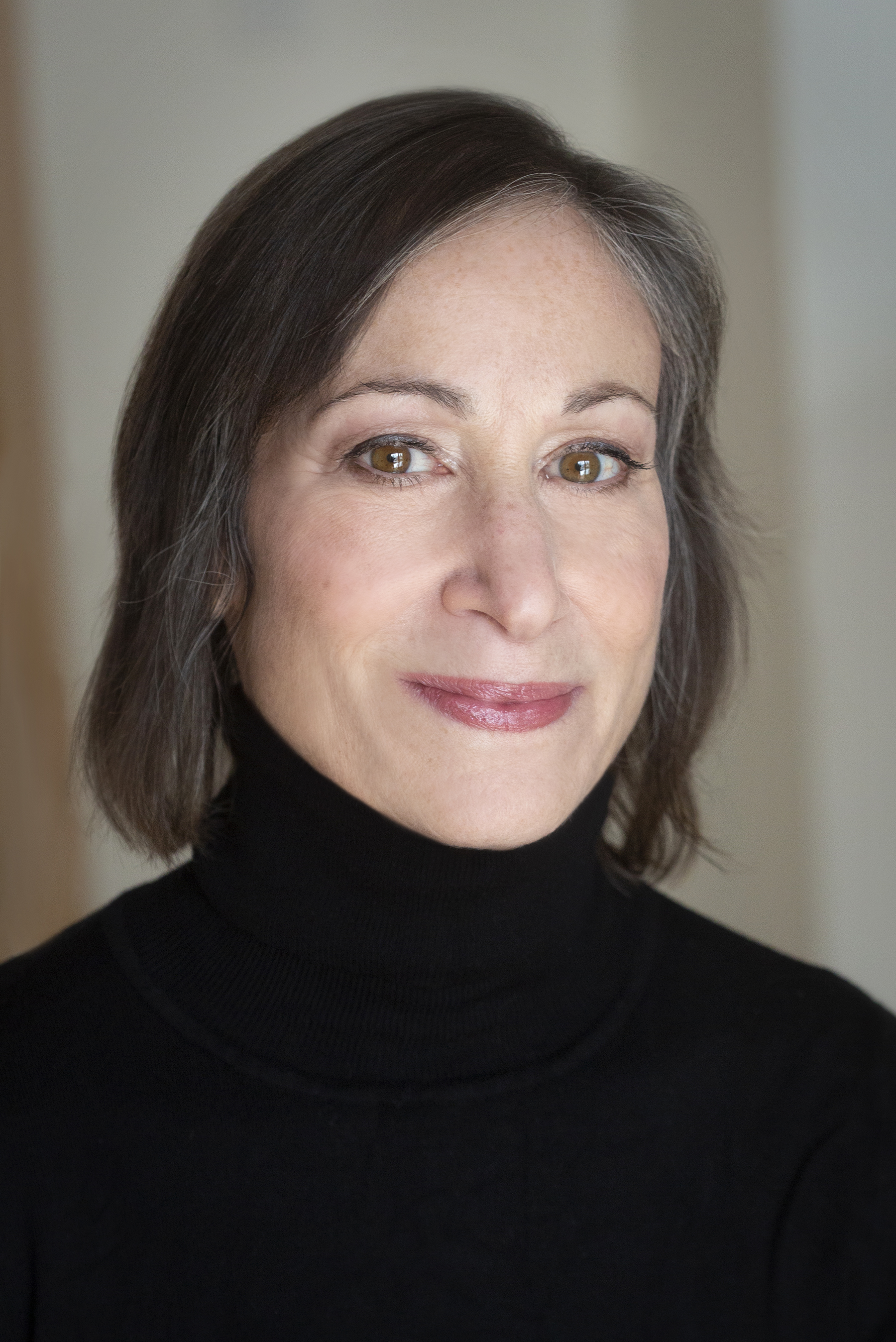
Recently, I was bicycling with my husband, and we looked up to see a flock of birds sailing across the sky in formation. My husband asked, “How do you think they decide who gets to be the leader?” How wonderful to consider that one of the birds “gets” to be the leader. Because truly, leadership is a privilege.
This week’s Torah portion, Parashat D’varim (“words”), includes the initial farewell address from Moses — one of the strongest leaders in our history — as the Jewish people are on the cusp of entering the Promised Land. As we all know, Moses, despite having been given the privilege of leading the Jewish people through the desert, was not allowed to join them as they moved forward. Instead, Moses presents a review of the Jews’ 40-year journey from Mt. Sinai. This story intends to provide the people with hope and the promise of a better life, with a warning to make the right decisions.
During the Jews’ travels, a whole new generation came into being — and these were the people about to enter the Promised Land. As part of Moses’ speech, he presents reminders of the mistakes that were made over the years so that those mistakes will not be repeated. He presents behavioral expectations for the future, as he wants the Jews to remember the importance of trusting God.
This Torah portion is always read on the Shabbat just before Tishah B’Av, which is the ninth day of the Hebrew month of Av. Tishah B’Av commemorates the destruction of the first and second temples — a time that involves a period of reflection and repentance. This Shabbat is called Shabbat Hazon (“vision”), based on the Haftarah for this Shabbat, which describes Isaiah’s vision of national disaster befalling the Israelites because of their sins. As with the Torah portion, the Haftarah focuses on the importance of behaving well.
I am very interested in the use of language in this parashah — and the words Moses uses. As a strong leader, Moses needed to choose just the right words to inspire the Israelites, motivate them, and make them feel included in their community — as he also set out expectations.
Parashat D’varim is, of course, the first Torah portion in the Book of D’varim. As we start a new book in the Torah, we have an opportunity, as we do frequently in Judaism, to start fresh. In fact, as we celebrate Rosh Chodesh each month, we have that chance to renew our intent on a regular basis. Over the past few years, with so much time at home to reflect —I have made an effort to renew my own personal intentions regularly through meditation. The meditation teachers I use often instruct that as we become distracted from our intent, we can learn to “begin again,” over and over, without judgment. How reassuring that feels.
We all know that the words we choose matter and impact those who receive them. WRJ knows this as well — and has been working on becoming a more diverse, equitable, and inclusive organization so that we can be a welcoming place with a culture of belonging. We know that we need to find ways to embrace and celebrate the growing diversity of Jewish women today so that more will see their identities reflected in our organization.
With the privilege of leadership, we understand that our words and actions matter. We recognize that we may need to change the way we think about and do things as we learn about our identities and increase our sensitivity to others. We aim to update our vocabularies and aspire to be more thoughtful and intentional in our efforts to be inclusive. Although we may not always get it right, we can “begin again” as needed, as we make our best efforts. In the same way, we can use this moment–the time of beginning a new book of the Torah and the commemoration time of Tishah B’Av — to reflect on how we are doing.
As a new generation came into their own during the Jews’ travels in the desert, WRJ is also always looking for new members for our women’s groups, our Districts, and our organization as a whole — while we do our best to support those who have been with us over time. WRJ welcomes all who share our mission as we work to create a warm and open environment. Please join us, engage with us, and help us welcome others — as we continue to empower our members.
Related Posts

Parashat Yom Rishon shel Rosh HaShanah

Cultivating a Culture of Accountability and Belonging


